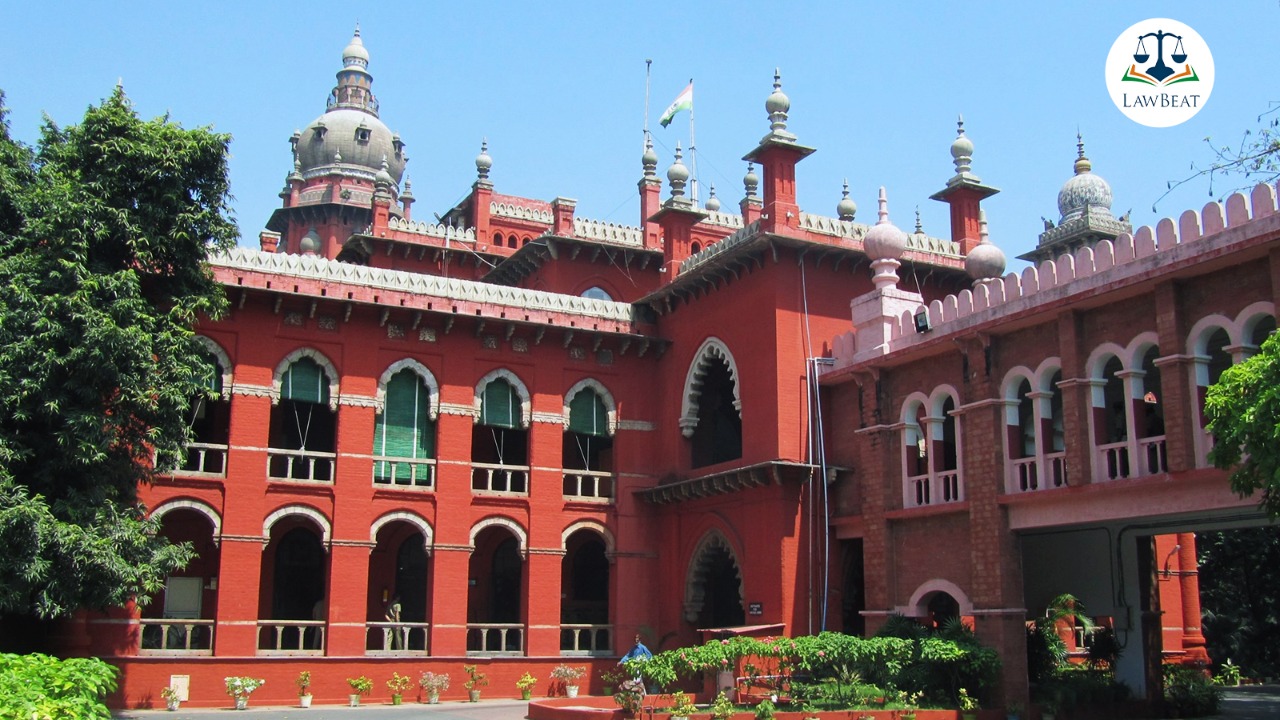Madras HC Seeks Bar Associations' Opinion on Eliminating Long Court Vacations

M Jothiraman, Registrar General of Madras High Court issued a circular on February 2. Office-bearers of Bar associations are required to submit their views on February 7
The Madras High Court has solicited the viewpoints of all bar associations concerning potential modifications to the court operations including the prospect of eliminating traditional court vacations.
M Jothiraman, Registrar General of Madras High Court issued a circular on February 2, 2024. With the circular, a copy of the recommendation, related to court vacations, made by the Parliamentary Standing Committee on Personnel, Public Grievances, Law and Justice in its 133rd report titled ‘Judicial Processes and their Reform was attached.
Office-bearers of Bar associations in both benches of the high court are required to submit their views on February 7, 2024 at 5 pm in the Library Annexe Building of the Madras High Court, before a committee of judges constituted for considering the recommendation pertaining to the issue.
The Parliamentary Committee's proposal suggests a departure from the conventional practice of simultaneous court closures and vacations for judges. Instead, it recommends staggered leaves for judges, ensuring that courts remain operational continuously and benches are available for litigants.
The Parliamentary Committee, in its 133rd Report, scrutinized the concept of vacations in both the Supreme Court and High Courts. Noting that, on average, High Courts in the country operate for 210 days, the committee questioned the necessity of prolonged court vacations. It acknowledged concerns about the substantial backlog of cases and extended delays in case disposal, prompting a reevaluation of the traditional court vacation system.
During deliberations, committee members concurred that fostering an efficient judiciary required a departure from en mass court closures for a couple of months each year. The committee recognized that the significant case backlog could be attributed to factors beyond court vacations, including vacancies in the higher judiciary.
In line with suggestions from former Chief Justice of India RM Lodha, the committee proposed a shift away from the colonial legacy of simultaneous court closures. Instead, it endorsed a system where judges take vacations at different times, ensuring continuous court operations and the availability of benches to address litigants' needs.
